It was the first time that the IT people in the city saw an IT system being built by citizens who basically thought, “It’s stupid not to have one.” The press wrote an article and said, “Citizens build an app over the weekend,” the head of transit wasn’t sure whether to be thrilled or a little bit embarrassed because the citizens did it.
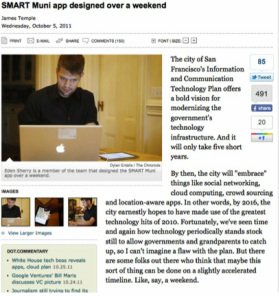
The point of this is that you really can rely on this stuff. Now it’s become a major part of how Muni works. We regularly go out to citizens and have them source ideas and figure out what should get built.
If we summarize this, there are a lot of Internet values that are showing up. The point is less that we use the Internet, and more that there is a way of thinking in the Internet world where it’s less planning and more doing. You prototype, you fail quickly and see what works. It’s not a natural first response on the part of cities to think this way, but this is how the whole class of young people and entrepreneurs think, and it’s a real value in contribution.
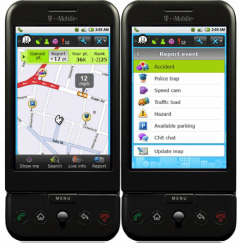
"is it possible that some of the most valuable smart city companies out there, and the things that bring the greatest capital to our cities, may not be coming from smart city companies at all?"
For example, Airbnb, which is a company that allows people to rent out excess rooms in their house. On the one hand, it’s just a utility; yet it was Airbnb during Hurricane Sandy that provided places for people to stay in New York. Now Airbnb has a new feature that lets you discover neighborhoods, and actually gets both locals and non-locals to discover and use other parts of town. If you think about it, this is an entrepreneur who built a business around sharing technology, but it’s really a civic innovation app, because it’s about how to use a city better.
Another example is Waze, a traffic app. It uses crowd-sourcing, so as you drive around, you give Waze permission to know where you are, and that creates traffic information.
At about 3:00 in the afternoon, I said, “Well, let’s call up Waze.” They might actually know where the gas stations are. I sent and email to my friend Diana at Waze, basically saying, “The White House’s big headache today is that there are these big gas lanes, the carriers won’t cooperate because of privacy and policy, which brings us to you. The White House and the Energy Department would like to know, do you have enough customers in New Jersey to bring insight here? They need to find out where the gas lines are.”
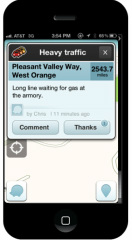
When we talk about the history of computing you could almost say the history of computing is the story of liberation from closed systems that did one thing to very open systems that enfranchise a lot of people. As the city becomes a platform, there’s a really powerful expression of that there, which is why we are building an architecture that cannot help but drive participation. There is broad-base adoption of technology and a whole youth culture that uses all of this stuff.
That’s why we say when you think about the city as a platform, it’s something that nobody can own, everybody can use, and anyone can improve. When you think of the union between the strategic resources in a city and their vendors that do a lot of the heavy lifting, citizens as both inputs but real users and drivers of the platform, it’s probably a golden era of civic participation.
"The city really is our next great platform."

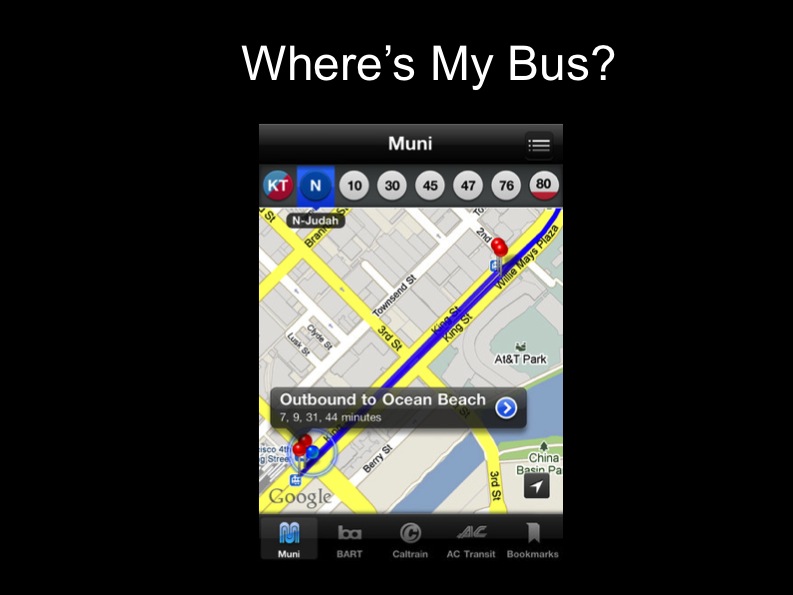
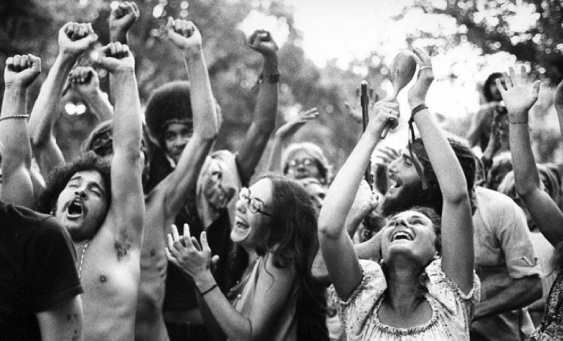
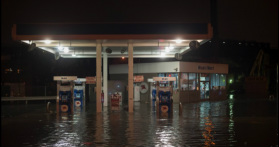
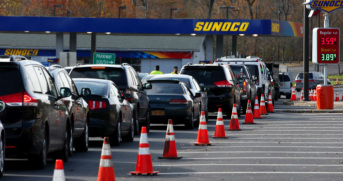
 RSS Feed
RSS Feed
